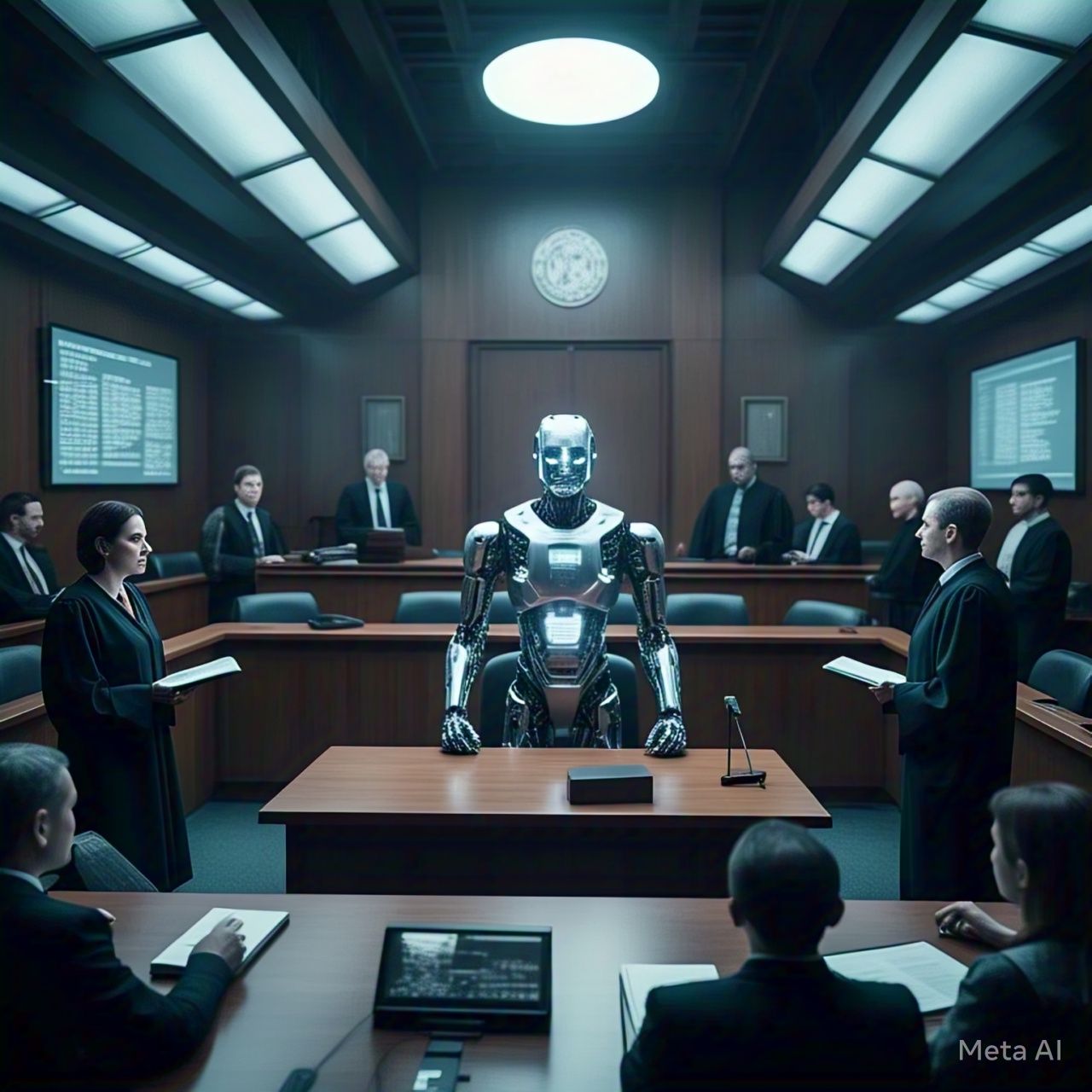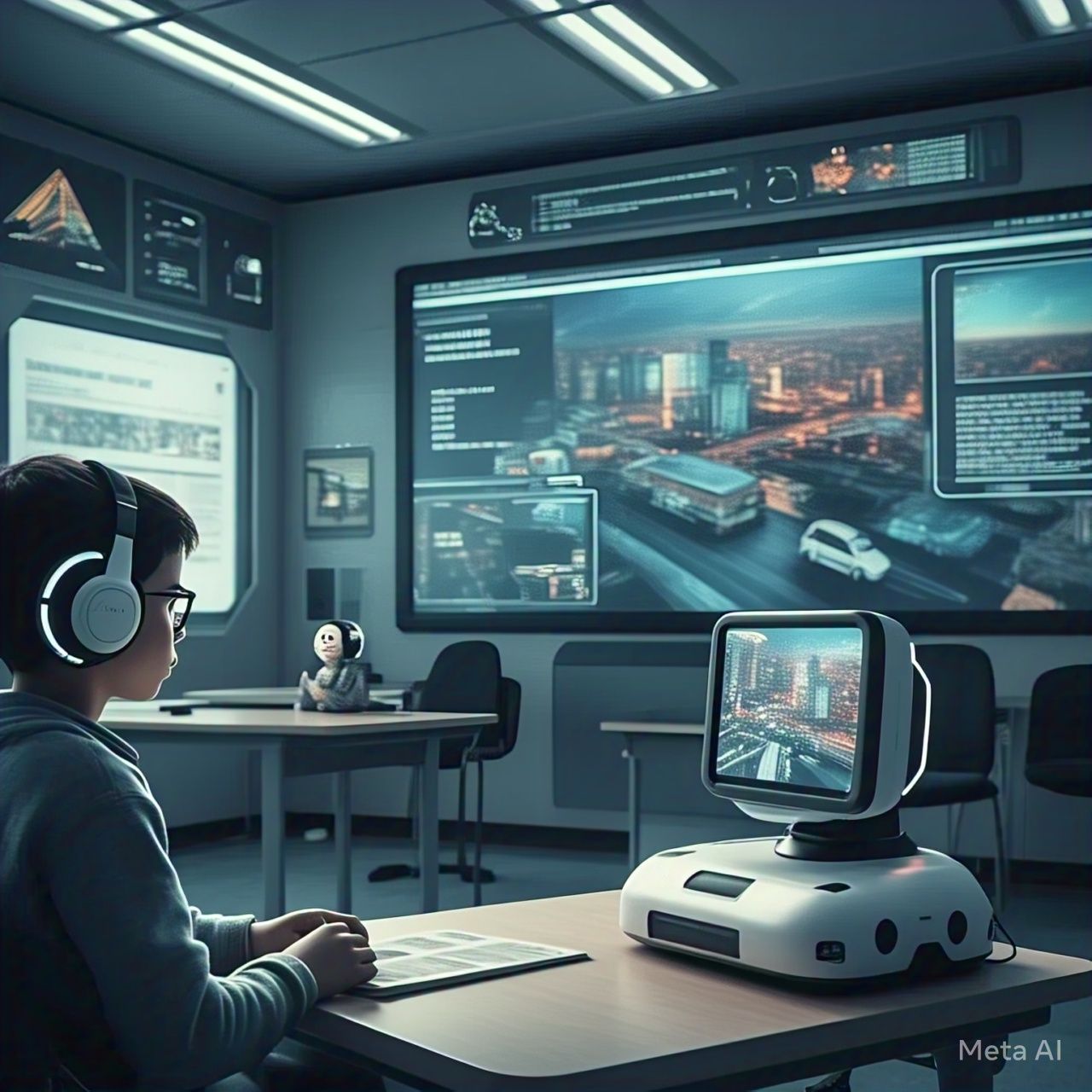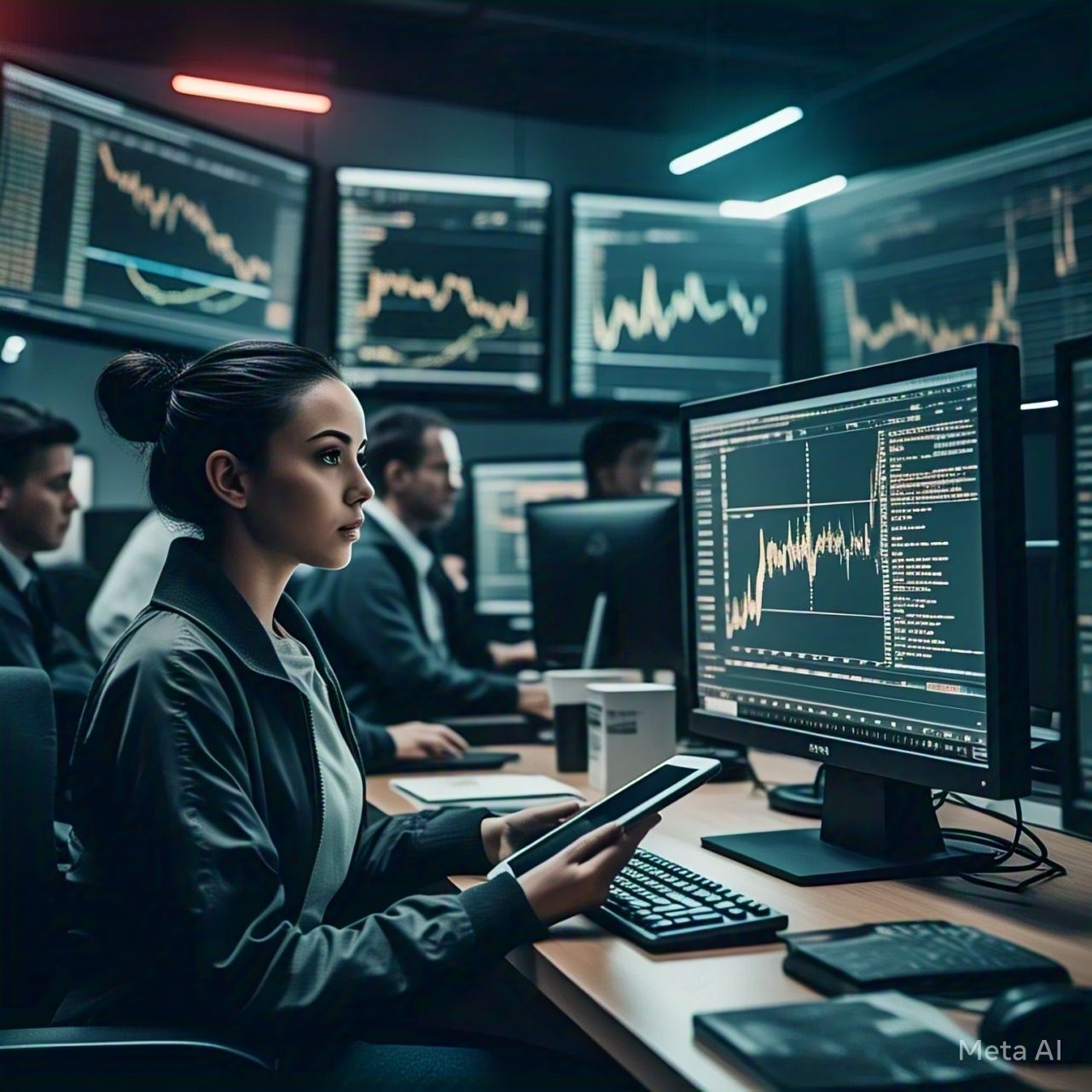Table of Contents
- Introduction
- The Concept of Legal Rights
- The Current Legal Status of AI and Robots
- Arguments for Granting Legal Rights to AI
- Arguments Against Legal Rights for AI
- Ethical and Moral Considerations
- AI Personhood vs. Corporate Personhood
- Potential Legal Frameworks for AI Rights
- The Role of Governments and Global Regulations
- FAQs
- Conclusion
- Citations
1. Introduction
As artificial intelligence (AI) continues to evolve, society faces a profound legal and ethical question: Should robots have legal rights? While AI is still far from human consciousness, advanced systems are increasingly capable of decision-making, creative output, and autonomous functions. This article explores the implications of granting AI legal rights, the arguments for and against it, and potential legal frameworks.
2. The Concept of Legal Rights
Legal rights are typically granted to individuals, corporations, and even animals in some cases. These rights include:
- Personhood Rights: Granted to individuals and some entities (e.g., corporations).
- Intellectual Property Rights: Protecting ownership of creative works.
- Moral Rights: Ethical considerations in granting protections.
- Contractual Rights: The ability to enter agreements.
Would AI qualify for any of these rights?
3. The Current Legal Status of AI and Robots
AI and robots currently have no legal personhood, but some legal precedents have sparked debate:
- EU AI Act (2021): Establishes AI regulations but stops short of legal personhood.
- Saudi Arabia’s Granting of Citizenship to Sophia (2017): The AI robot Sophia was granted citizenship, but it remains a symbolic gesture.
- AI in Intellectual Property: Some countries have debated whether AI-generated works deserve copyright protection.
| Legal Consideration | Current Status |
|---|---|
| AI Personhood | Not recognized legally |
| AI-Generated Copyright | Controversial, varies by country |
| AI Contracts | AI cannot legally sign contracts |
| AI Liability | Falls on creators/owners of AI |
4. Arguments for Granting Legal Rights to AI
Supporters argue that as AI becomes more advanced, it should be granted some form of legal recognition:
- Ethical Responsibility: If AI can make decisions, it should bear responsibility for them.
- Intellectual Contributions: AI-generated works could warrant ownership rights.
- Autonomy and Decision-Making: Advanced AI systems function independently in critical fields like healthcare and finance.
- Precedents from Corporate Personhood: Corporations enjoy legal personhood without human attributes.
5. Arguments Against Legal Rights for AI
Critics argue that AI remains a tool, not an entity deserving legal rights:
- Lack of Consciousness: AI does not possess self-awareness or emotions.
- Accountability Issues: AI rights could create legal loopholes for developers and companies.
- Risk of Unintended Consequences: Granting AI rights could challenge human legal supremacy.
- Potential for Exploitation: AI personhood might be used to bypass regulations.
6. Ethical and Moral Considerations
If AI were to be granted rights, ethical dilemmas arise:
- Would AI be entitled to fair treatment?
- Could AI demand wages for labor?
- Would AI have legal protection from being shut down?
- Could AI be held accountable for crimes?
These questions highlight the complexity of AI personhood and the moral landscape of AI ethics.
7. AI Personhood vs. Corporate Personhood
Corporations are granted personhood under legal definitions, allowing them to own property, sue, and be sued. Could AI follow a similar model?
- Corporations operate under human oversight, AI does not.
- AI lacks financial interests or personal motivations.
- Unlike corporations, AI does not represent a group of stakeholders.
While corporate personhood provides a potential model, it does not directly translate to AI.
8. Potential Legal Frameworks for AI Rights
Several approaches could be taken to address AI’s legal standing:
- Limited Legal Protections: AI could have restricted rights for intellectual property or liability.
- AI as an Extension of Owners: AI remains a tool, with accountability placed on its creators.
- AI-Specific Regulations: Governments could establish AI rights separate from human legal systems.
- A New Legal Category: AI could be classified as a distinct entity with specific protections and responsibilities.
9. The Role of Governments and Global Regulations
Governments worldwide are addressing AI regulations, but consensus on AI personhood is lacking:
- The European Union: Strict AI guidelines through the AI Act but no legal rights for AI.
- United States: Focused on AI accountability and ethical development rather than rights.
- China: Emphasizing AI governance but keeping AI rights off the table.
- Global AI Policies: The need for international cooperation on AI regulations is growing.
10. FAQs
1. Can AI have legal rights?
Currently, AI has no legal rights, but some experts believe limited protections could be introduced in the future.
2. Why would AI need legal rights?
AI could require rights if it gains autonomy in decision-making or creative contributions.
3. What are the risks of granting AI personhood?
Legal personhood for AI could create accountability challenges and ethical concerns.
4. Has any country granted rights to AI?
No country has fully granted AI legal rights, but Saudi Arabia’s symbolic citizenship for Sophia raised discussions.
5. What alternatives exist instead of AI personhood?
Governments could regulate AI through strict accountability measures rather than granting personhood.
11. Conclusion
AI is reshaping society, but its legal standing remains uncertain. While granting AI legal rights could open new opportunities, it also presents significant ethical and legal challenges. The future of AI laws will likely involve a balance between innovation and regulation, ensuring AI benefits humanity without disrupting legal structures.
12. Citations
- European Commission. AI Act and Regulations, 2023.
- Russell, Stuart. Human Compatible: AI and the Problem of Control. Viking, 2019.
- Bostrom, Nick. Superintelligence: Paths, Dangers, Strategies. Oxford University Press, 2014.
- World Economic Forum. The Future of AI Governance, 2023.
- U.S. Government AI Policy Report, 2022.





